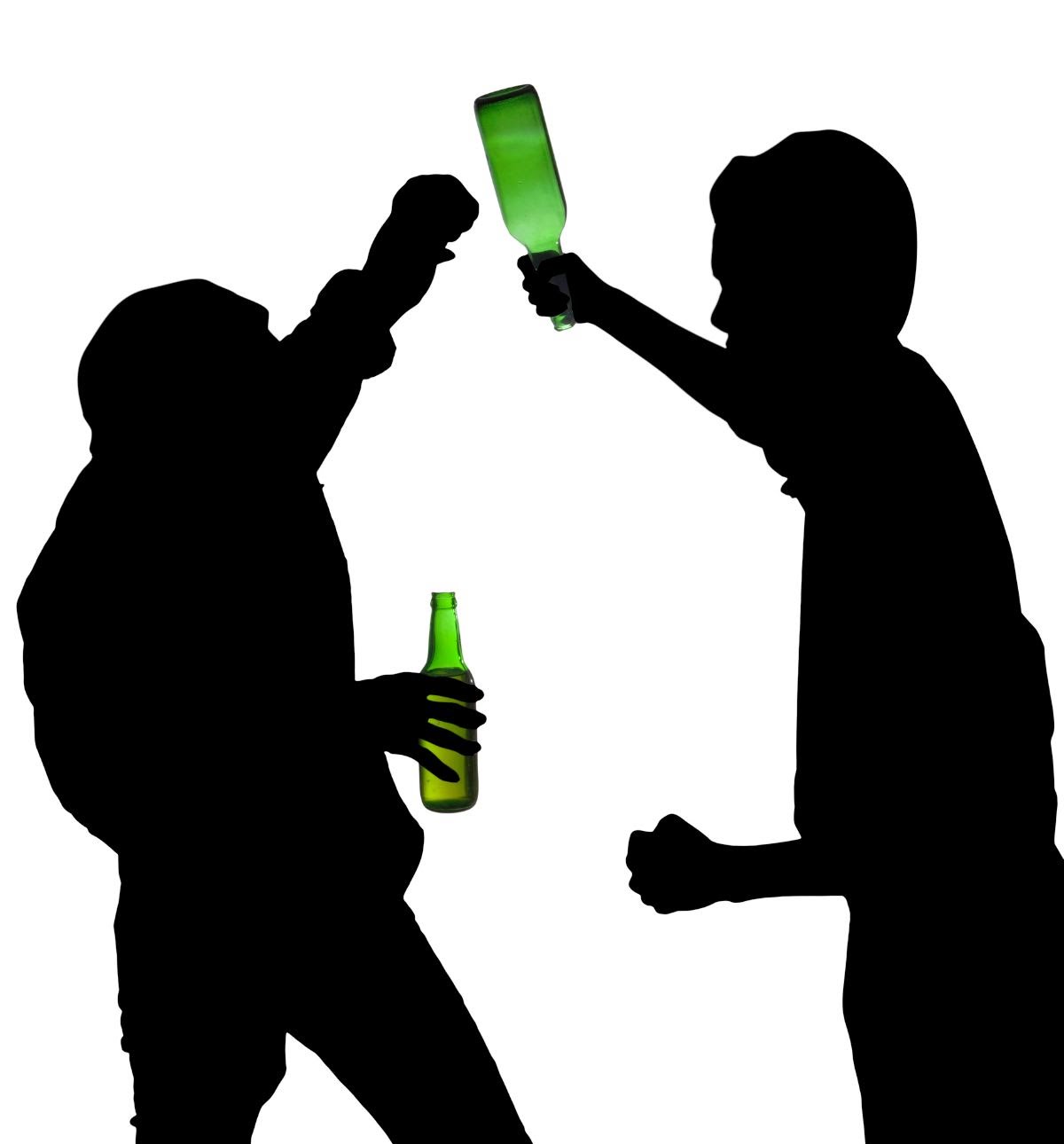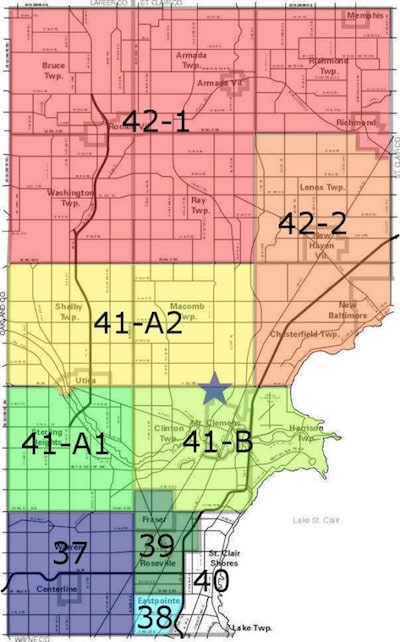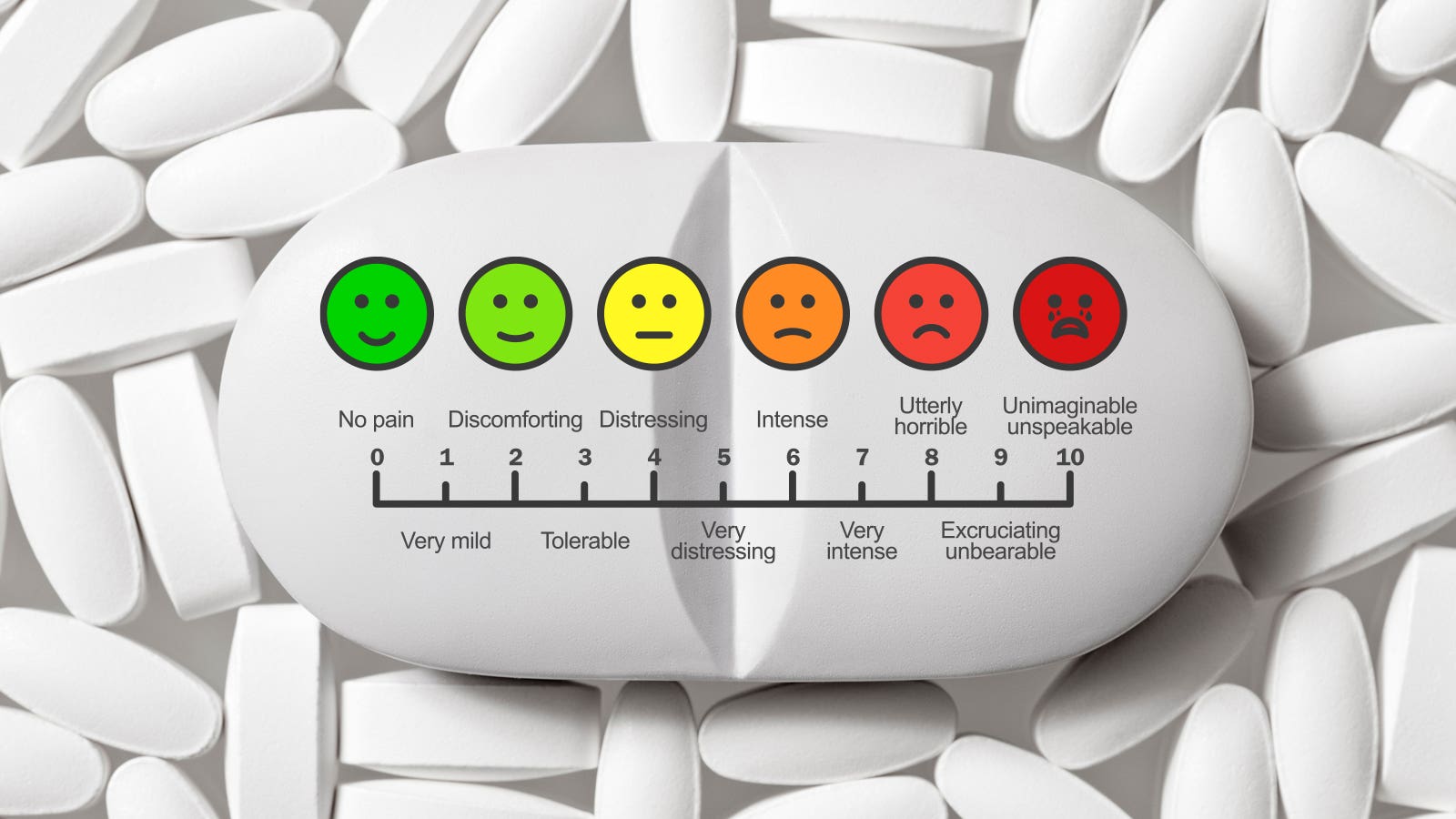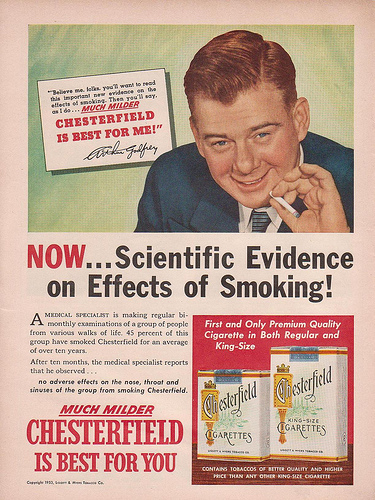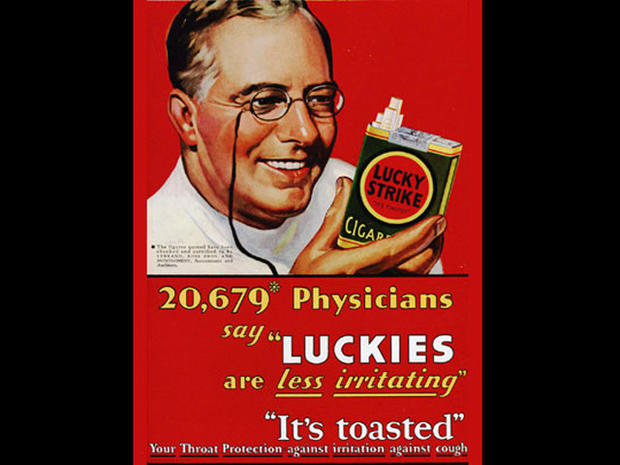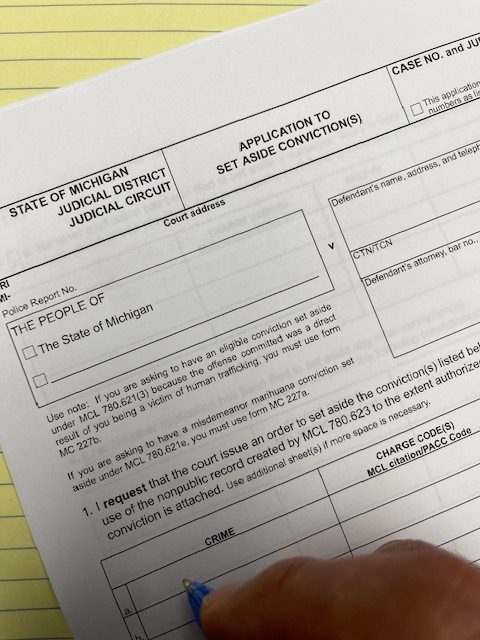Introduction
This ABDO LAW publication is based upon our extensive experience handling drunk driving cases in all Macomb County District Courts.
- 37th District: Warren, Centerline
- 38th District: Eastpointe
- 39th District: Roseville, Fraser
- 40th District: St. Clair Shores
- 41-A District: Sterling Heights
- 41-A District: Shelby Township, Macomb Township, Utica
- 41-B District: Clinton Township, Harrison Township, Mount Clemens
- 42-1 District: Romeo, Washington Township, Armada, Richmond, Ray Township
- 42-2 District: New Baltimore, Chesterfield Townsh
For starters, I would say that 90% of all first time drunk driving offenses are reduced to “impaired driving” and no jail is imposed. A restricted license is issued by the Secretary of State which allows driving on. a restricted basis for 90 days. A person may obtain a “picture license” after the 90 day restricted period expires. The Michigan Criminal Jury Instruction (MCJI 15.3) defines impaired driving as follows:
To prove that the defendant operated while visibly impaired, the prosecutor must prove beyond a reasonable doubt that, due to the [drinking of alcohol / use or consumption of a controlled substance / use or consumption of an intoxicating substance / use or consumption of a combination of (alcohol / a controlled substance / an intoxicating substance)], the defendant drove with less ability than would an ordinary careful driver. The defendant’s driving ability must have been lessened to the point that it would have been noticed by another person.
Actual Intoxication is irrelevant with BAC .08% or .17% or any presence of a controlled substance
When a person is arrested for any driving under the influence (by alcohol or drugs) in Michigan, the police will ask the person to take a chemical test to determine the extent of alcohol or presence of drugs within the blood. A person’s blood, urine and breath may be tested to determine the person’s blood alcohol content (BAC) or drug consumption upon request by the arresting law enforcement agency. The test results are admissible in court proceedings to establish legal intoxication should the person be charged with operating while intoxicated or impaired driving. In Michigan, a person is considered to be legally intoxicated (OWI) if the blood alcohol test is .08% or greater. Elevated blood alcohol of levels of .17% or greater will support enhanced criminal charges known as “high blood alcohol content” or “super drunk”. The legal intoxicated limits in Michigan are:
- Zero tolerance (under age 21): .02% or greater
- Operating while intoxicated: .08% or greater
- High BAC or Super Drunk: .17% or greater
- Driving under the influence of drugs
You may still be charged with impaired driving if you test below .08!
There is no automatic presumption that a person is “impaired” or “intoxicated” when the test results fall below .08. However, a person that can’t hold their liquor can still be charged with impaired driving, or drunk driving, even if the BAC result comes back below .08. The test result can be used as evidence of alcohol consumption. In addition, the police officer, or other witnesses, may provide testimony at trial regarding any conduct or objective signs of impairment or intoxication. Objective signs of impairment may include the following: odor of alcohol coming from the driver, red, watery eyes, erratic driving (weaving) and slurred speech. In addition, the police assess a driver’s ability to perform various field sobriety tests. Field sobriety tests are designed to test a driver’s balance and motor skills. Police may ask a driver to perform tasks such as walking heel-to-toe in a straight line, standing on one leg, or reciting the alphabet backwards. In addition to the testimony of the police or witnesses, the BAC test results are also admissible in evidence at trial to show alcohol consumption.
Blood Alcohol Content (BAC) Charts and Graphs
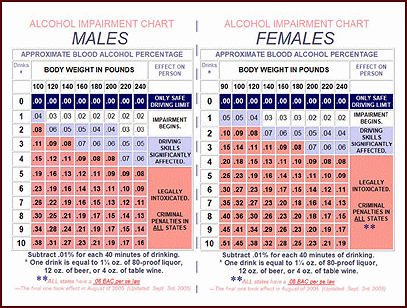
Blood alcohol content (BAC) charts are a worthy source of information to calculate the amount of alcohol consumption that is required to be considered legally intoxicated. These charts provide a fairly accurate estimate of the amount of alcohol within a person’s blood based upon two key variables; body weight and the number of drinks consumed. However, the charts do not take individual metabolism rates into consideration. Metabolism can be affected by several factors, such as body temperature, the type of alcoholic beverage consumed, and the amount and type of food consumed. BAC Reference Chart
ESTIMATION: How long does it take for alcohol to be eliminated from your system?
The normal body will metabolize alcohol between .012 percent and .016 percent per hour. Numerous variables can influence the elimination rate of alcohol in the human body. Most charts that I have seen apply an elimination rate of .015 per hour. Therefore, a male weighing about 175 pounds who consumes 6 beers, containing 4.5% alcohol, within 3 hours would register a blood alcohol content of .08. It would take approximately 1 hour after the last alcoholic beverage was consumed to register less than .08 and it would take approximately 5 hours (0.0) to be completely sober.
Factors that affect alcohol elimination rate
The passage of time is the only way that alcohol will be eliminated from the human body. However, the elimination rate, or speed of elimination, is also dependent upon:
- Medications: Many prescription and over-the-counter meds have dangerous interactions with alcohol. Ask your doctor whether drinking is safe for you if you take any medications.
- Sex: Studies have shown that women take longer than men to process alcohol.
- Age: As we age, the speed of alcohol processing slows down.
- Body size: The less you weigh, the less water you have in your body. Alcohol goes into the water in your blood — but if you have less water, your blood alcohol concentration (BAC) will be higher. Smaller people can drink the same amount of alcohol as larger people but have a higher BAC.
- Health conditions: Kidney, liver and stomach conditions make it harder for your body to process alcohol.
How long can tests detect alcohol in the body?
When it comes to “passing” an alcohol test, the longer the period of time that has expired, the better! More sensitive or higher quality tests can pick up smaller amounts of alcohol after a longer period of time. In general, this is the maximum amount of time tests can detect alcohol after you consume it:
- Blood test: 12 hours.
- Breath test: 24 hours.
- Saliva test: 48 hours.
- Urine test: five days.
- Hair test: 90 days.
Should I refuse to take a breath or blood test?
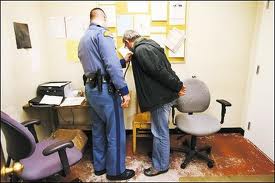
If a person refuses to take the breath, blood or urine test which is requested by the police, the following sanctions will be imposed:
- The police will obtain a court order for a blood sample to test for drugs and alcohol.
- The person loses his or her right to have an independent urine or blood test conducted.
- 6 points will be added to the driving record
- License suspension will be imposed for 1 year, subject to an appeal to circuit court.
- Drunk driving charges will be filed in the court system.
- Additional license sanctions will be imposed upon conviction for the underlying drinking and driving offense.
Michigan Implied Consent Law (Michigan Compiled Law 257.625c)
Michigan’s Implied Consent law provides that a person arrested for operating a vehicle while intoxicated or impaired by an alcoholic liquor, a controlled substance, or other intoxicating substance or a combination thereof is considered to have given consent to chemical tests of his or her blood, breath, or urine for the purpose of determining the amount of alcohol or presence of a controlled substance or both in his or her blood or urine or the amount of alcohol in his or her breath.
Police May Obtain a Court Order for Blood Test
The police may obtain a court order for a blood test when confronted with a suspect that refuses a chemical test offered by the police.
Suspect’s Right to a Secondary or Independent Test
The right to take an independent test of your own choice (blood, breath or urine) is conditional upon first submitting to the test which is offered by the police. The right to an independent test is lost should a person that is arrested for operating while intoxicated refuse the test offered by the police.
Implied Consent Hearings: Sanctions for Unreasonable Refusals
As I already mentioned, the police may obtain a court order for a blood test when a person refuses to voluntarily submit to a breath, blood or urine test. This means that the person will still face operating while intoxicated criminal charges when the blood test result is returned to the police from the testing facility. In addition, the person who has refused an alcohol test faces license sanctions by the Secretary of State.
A person that refuses the chemical test offered by the police is given an opportunity to an administrative hearing (aka: implied consent hearing) before a Secretary of State referee to explain the circumstances of the refusal. MCL 257.625f limits the issues appealable at a hearing to the following:
1. Whether the peace officer had reasonable grounds to believe that you committed a crime described in MCL 257.625c(1).
2. Whether you were placed under arrest for a crime described in MCL 257.625c(1).
3. If you refused to submit to a chemical test upon the request of the officer, whether the refusal was reasonable.
4. Whether you were advised of your rights under MCL 257.625a
Refusals based upon failure to understand the law are not considered reasonable since we are dealing with an “implied consent” law. Again, the implied consent law means that you consent to the test by accepting the privilege to operate a vehicle in the State of Michigan. Other common refusals are known as technical refusals. A technical refusal usually means that the suspect gave an insufficient sample. An insufficient sample may occur when someone tries to fool the machine by not placing their lips tightly on the breathalyzer straw or by providing a soft or side blow into the machine.
An attorney should be retained for representation at the implied consent hearing to fully explore all possible defenses. If the police officer fails to appear, or did not follow the testing protocol and procedure, the implied consent hearing will be resolved in favor of the petitioner.
A person that loses an implied consent hearing faces license suspension for a period of 1 year and 6 points is placed on the driving record. A second refusal within 7 years results in a suspension of 2 years. This is a separate consequence from any subsequent convictions resulting from the traffic stop.
Implied Consent Suspension May be Appealed in the Circuit Court Based Upon Hardship or Legal Grounds
If you lose your implied consent hearing, you may file an appeal in the court system on the following grounds.
Appeals based upon hardship: As I mentioned, you face suspension of your license for 1 year upon losing first implied consent hearing. A person facing a first time implied consent suspension has the right to file a circuit court appeal to request a restricted license based upon need or “hardship”. A hardship appeals requires a showing that a person needs to operate a vehicle for employment or education and both of the following exist:
- A mass transit system is not available to provide the necessities of transportation, and,
- No other person with in the household of the petitioner can supply transportation.
An appeal based upon hardship is the most common type of implied consent appeal that we file on behalf of clients. Upon winning a hardship appeal, a restricted license is granted for remaining duration of the implied consent suspension. Hardship appeals are filed in the circuit court where the underlying offense occurred. In addition, most circuit court judges will require a substance abuse evaluation for the hardship appeal. The c
Appeals based upon legal grounds: Any person may appeal an implied consent suspension based upon legal grounds. An appeal based upon legal grounds means that you are asking a circuit court judge to overrule the decision of the Secretary of State referee because:
- Made upon unlawful procedure resulting in material prejudice to the petitioner.
- Not supported by substantial, material, and competent evidence on the whole record.
- Arbitrary, capricious, or clearly an abuse or unwarranted exercise of discretion.
Practical Considerations Based Upon Experience Handling Drunk Driving Cases in Macomb County
The following are some practical considerations regarding our vast experience handling drunk driving cases for more than 40 years:
- Most drunk driving cases (90%) are resolved by a plea bargain rather than jury trial.
- First offenses are usually reduced to operating while impaired.
- Jail is rarely imposed for a first time DUI or impaired driving conviction.
- Insurance costs will increase substantially for any drinking/drugged driving conviction.
- Jail is mandatory for a felony (third offense) conviction for a minimum of 30 days, not 1 year.
- High BAC or Super DUI (.17% or greater) can also be reduced to impaired driving but may require a deviation request.
- Getting a drunk driving reduced to a non-drinking offense, such as careless driving, is possible but difficult and rare.
- A drunk driving or impaired driving conviction will preclude travel into Canada (see criminal inadmissibility).
- State of Michigan sanctions upon conviction for a drinking/drugged driving offense (points, license sanctions and driver responsibility fees are mandatory and not negotiable to lesser amounts or periods of time).
Here are just a few factors that can have an impact on any 1st, 2nd or 3rd time drunk driving case:
- Was the test result .17% or greater (resulting in a charge of High BAC or Super DUI)?
- Was there an accident resulting in personal injuries or property damage?
- Does the offender have any prior criminal record involving substance abuse or alcohol?
- Was the offender cooperative with the police?
- Does the offender have any prior drunk driving or impaired driving convictions?
- Did the offender commit any other offenses along with the offense of drunk driving such as fleeing the police or resisting arrest?
The potential sentence that can be imposed for a drunk subsequent drunk driving (second offense and third offensee) is greater than that which can be imposed for a first time offense.
Penalties for OWI 1st, OWI 2nd, OWI 3rd
FIRST OFFENSE: What happens if this is my first offense for drunk driving? First time offenders charged with “operating while intoxicated” can expect the prosecutor to agree to reduce the charge to the lesser offense of “operating while impaired”. This is true in more than 90% of the first offense cases that we have handled in the Macomb County District Courts assuming that there are not any egregious facts or circumstances associated with an individual’s first time drunk driving offense. Negotiations to seek a plea bargain or reduction can begin as soon as an attorney is hired and are concluded at a pretrial conference or other later stage in the proceedings. I can say that our firm has never had a first time offender get jail time in Macomb County. The following penalties are typically associated for a first offense “operating while impaired”:
- Fines and costs of $1,000.00 or more.
- Mandatory substance abuse assessment.
- Probation for period of 1 year which may be reporting or non-reporting.
- Random alcohol and drug testing in the discretion of the sentencing Judge.
- Possible counseling or attendance of 1 or more short substance abuse programs in the discretion of the sentencing Judge.
- Restrictions on out-of-state travel, subject to modification.
- MANDATORY: License restrictions for 90 days (employment, school, medical, court ordered activities allowed).
- MANDATORY: 4 points placed on driving record.
SECOND OFFENSE: What happens if this is my second offense for drunk driving?
A conviction for a DUI second offense carries greater consequences within the Court system and by the State of Michigan. It is first important to explain the three (3) different types of “second offense” scenarios that a client may be facing:
- Prior DUI within 7 years: A true second offense is one that occur within 7 years of a prior drinking/drugged driving conviction. An offender that is convicted of a true second offense OWI within 7 years of a previous offense, or who gets a third offense reduced to a second offense, faces the following:
- Probation for up to 2 years.
- Possible jail, community service, vehicle immobilization.
- Random testing, longer term counseling,
- MANDATORY license revocation for a minimum of 1 year (NO DRIVING).
- MANDATORY: 6 points placed on driving record.
This does not mean that all second time offenders get jail. In fact, second time OWI offenders can avoid jail by being proactive. By being proactive, I mean getting into a substance abuse counseling, attending AA meetings, attending on-line substance abuse classes. Lawyers that specialize in drunk driving cases will be able to provide you with local resources to get help.
- DUI 3rd reduced to DUI 2nd: Another second offense scenario exists where the offender is charged with a third offense (felony) but the charge is reduced to a second offense (misdemeanor). ABDO LAW has previously published an article which covers a third lifetime offense for drinking/drugged driving. Please refer to the link for further information regarding third time/felony DUI.
- Prior DUI more than 7 years old: Another second offense situation exists where the offender has a prior drinking/drugged driving conviction that is more than 7 years old. An offense that is greater than 7 years old cannot be used for purpose of sentence enhancement. However, it may remain on a person’s record and be visible to the prosecutor, probation officer and Judge.An offender that has a prior offense which is more than 7 years old is not “getting away scot-free” but will avoid the mandatory license revocation component and will face sentencing under the first offender laws with some concern placed upon the prior record of the offender. Generally, older offenses have less impact than more recent offenses. For example, an offense which is 8 years old will be more relevant than one which is 20 years old.
- Michigan Secretary of State link for drunk driving first, second and third maximum penalties.
 Michigan Criminal Lawyer Blog
Michigan Criminal Lawyer Blog














